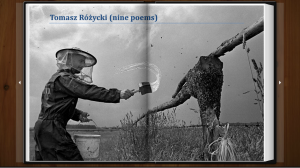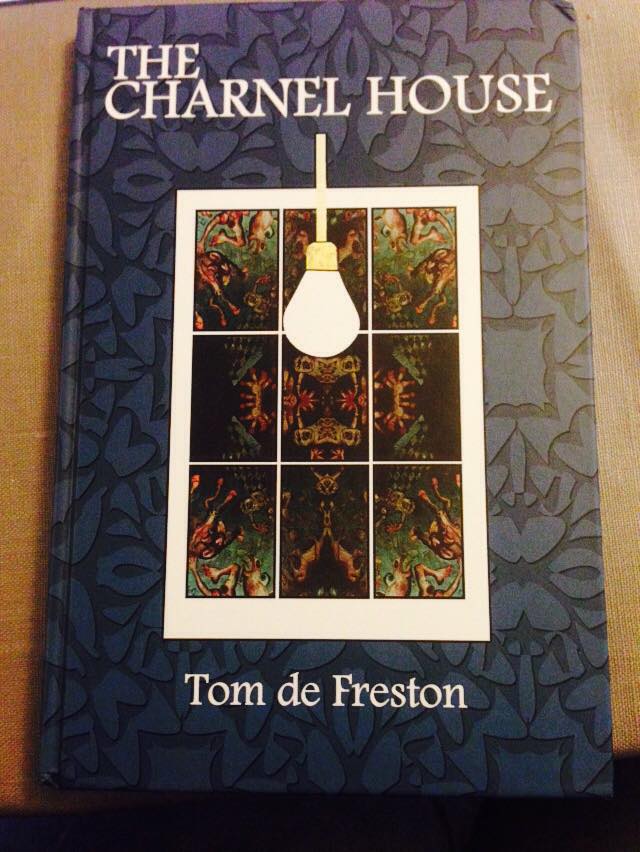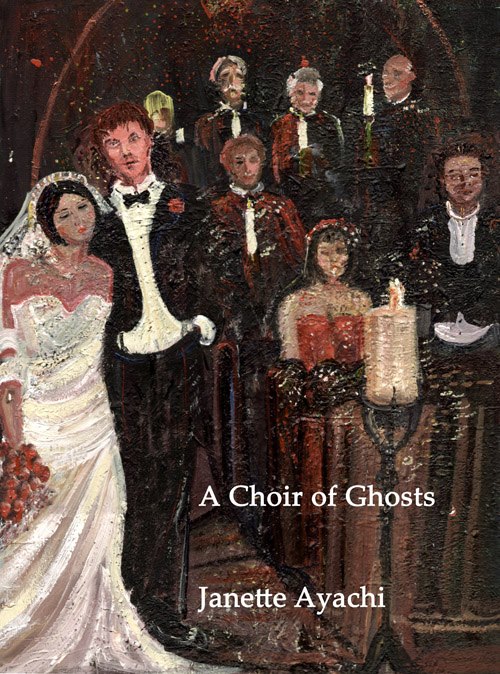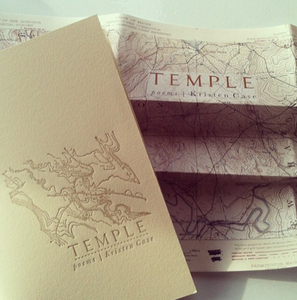Trafika Europe #2: Polish Nocturne
– Reviewed by Hayden Westfield Bell –
Translated literature has a hard time finding an audience in the contemporary publishing industry. It’s a shame, because there’s a huge amount of high quality writing being produced by authors in thousands of languages all around the world. It’s not a problem of quantity or quality, but one of access. There’s a lot of support for authors writing in English within the US and the UK, but it seems we’ve forgotten that the language’s unique position as lingua franca allows it to be used as a vehicle for those working in thousands of other languages.
Why is there less support for authors writing in other countries? A lack of publishing opportunities and difficulties reaching an audience are two important factors, which Trafika seeks to challenge, by publishing anthologies of translated poems, short stories, extracts and other literary experiments on a regular basis, each issue focussing on a specific region. In this review I’m looking at their second issue, ‘Polish Nocturne’. I will focus mainly on the poetry, but comment lightly on the prose featured in the book as well.
The anthology opens with a long excerpt from Wiesław Myśliwski’s ‘A Treatise on Shelling Beans’. The length is welcome in this case, as we are able to see a story to its conclusion, describing characters the protagonist encounters while working as a labourer, and the romantic tragedy that blooms between two of them. The translation (by Bill Johnston) does a very good job of preserving the working-class speech of the main character; sentences are soft and simple, focussing on everyday encounters, women, work and food. It’s an enjoyable piece, with great rhythm, and the conversational nature of the writing shines through in translation too.

This is followed by nine poems by Tomasz Różycki, eight of which can be found in his collection Colonies. They are dense with commas, creating a fractured, shattered rhythm in each line which Rozycki pins to the page with simple sentences containing sharp, concrete images. This pinning prevents the poem from rising into empty ethereality, essentially giving the reader something to hold on to so as to keep them on the ground. This tempestuousness is furthered by the recurring theme of nature, and its role in the poems is usually one of terrific force and motion. Yet Rozycki’s style is very meditative; almost every pause develops in a descriptive staccato; a thing becomes more defined, or is rephrased, following each comma.
Six of Kasia Buczkowska’s ten short takes come from her collection In Prose, the other four are new pieces. These are curious incidents, far shorter than most short stories and almost photographic in nature. There’s motion to these images, and a clear message, yet I’m unsure as to what they really are – they could be described as prosaic poems, or very short short stories. Whilst interesting, I found the standard English to be very standard, and thus dry – the style is almost Carver-esque, but fails to grasp the particularities of people and everyday life. They feel almost like overacted scenes from a play; some scenes seem to have a kind of moral, though some are just scenes.
I found Ewa Chrusciel’s poems the most affecting of those featured in the anthology. Her style is very free, flowing loosely about the page, and the content of her poems follows a similar path. Chrusciel is unafraid of using scientific and technological terminology in her work and this, fused with religious symbolism, helps to create wildly imaginative twists. Sugar packets ‘perch like fledglings; / the puffs of white grace / awaiting their take off’, each grain of sugar moves ‘like the centrifugal leaps / of your mom’s neurons’. The more prosaic pieces I felt were a little too telling in places, however, they rise out of restrictive narrative as they continue and eventually grasp at the abstract symbolism which can be found in her shorter poems.
The excerpt of ‘All Days are Night’ by Peter Stamm is intensely domestic and personal. We follow the thoughts and actions of a disabled woman – Gillian – as she negotiates her flat after returning from hospital. The narrative slowly reveals itself in her movements through space, and the objects which she engages with. However, I found the text too ‘everyday’ for my tastes, and it seems like the kind of text that has a specific audience. Observations are very sharp, the style is concise but potentially a little dry in places.
László Sárközi’s ‘Inner World’ sonnet wreath fuses modern images with fantastical elements. There’s a strong magical realist aspect to these poems, featuring recurring images of swords and objects of power. Like many of the pieces in the anthology, religious and cultural symbols densely populate the wreath. The ‘I’ is ever present, the sonnets are syrupy thick, and neo-classical and mythological elements pepper them. They require careful picking apart, and though very enjoyable I’d hesitate to recommend them to a light poetry reader.
The final two pieces include an extract from Imma Monsó’s ‘A Man of His Word’, and ‘Kiss of Santa’, a short story by Leena Lehtolainen from Helsinki Noir, both of which I will keep temptingly mysterious. The anthology can be accessed online for free, so you have no excuse not to read.
A Note on Design
I often struggle with the way magazines appear online, but the Trafika Europe anthologies are incredibly tactile and appear exactly as a book on screen, complete with page movements and the sound of paper flipping. Selecting a chapter from the contents is met with a pleasing chunk of section of artificial pages passing by the screen, which then focusses on the page in question. There are search bars and buttons which quickly give access to specific pages. It’s incredibly flexible, and I’d highly recommend taking a look.





